Google rivals want EU lawmakers to act via new tech rules
Four search engine rivals to Google have called on EU lawmakers to take action against the Alphabet unit via new tech rules.
US search engine DuckDuckGo, Germany's Ecosia and French peers Qwant and Lilo said that have yet to see positive results from an antitrust ruling against the giant tech company.
In 2018, the European Commission levied a record 4.24- billion-euro ($5 billion) fine on Google over its unfair use of Android to cement the dominance of its search engine, ordering the company to ensure a level playing field for rivals.
As a result of that order, Google made changes, saying four months ago it would allow rivals to compete for free to be the default search engines on Android devices in Europe.
On Thursday, the four search engine companies urged EU lawmakers to use tech rules - known as the Digital Markets Act (DMA) - EU antitrust chief Margrethe Vestager drafted to ensure competition.
"Despite recent changes, we do not believe it will move market share significantly due to its persisting limitations," they said in a joint letter to European Parliament lawmakers.
According to the letter, a preference menu that allow users to choose their search default when setting up an Android device is unavailable on both Chrome desktop and on other operating systems, and that it is only shown once to users.
"The DMA should enshrine in law a requirement for a search engine preference menu that would effectively ban Google from acquiring default search access points of the operating systems and the browsers of gatekeepers," they said.
The DMA may come into effect in 2023 once EU lawmakers and EU countries give the green light to it.
Iran strongly present in 'dangerous waterways' infested with threats, terrorist attacks: Navy
VIDEO | Israeli strikes kill over 30 in Lebanon’s capital as carnage continues
VIDEO | Four Pakistan security forces killed as capital stormed by ex-PM Imran Khan supporters
Iran’s indigenous capacities for self-sustenance vs. sanctions
Iran's response to Israeli aggression 'beyond imagination', warns top general
Scabies outbreak: Palestinian prisoners infected amid Israel’s deliberate medical negligence
VIDEO | Trump's super Zionist picks
Israeli forces intensify raids, demolition campaign in West Bank amid clashes


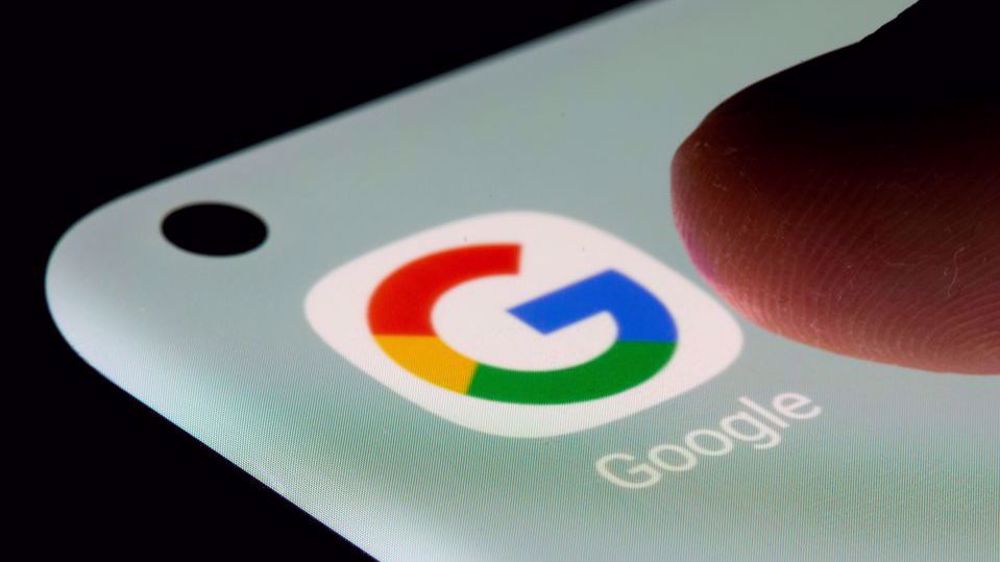
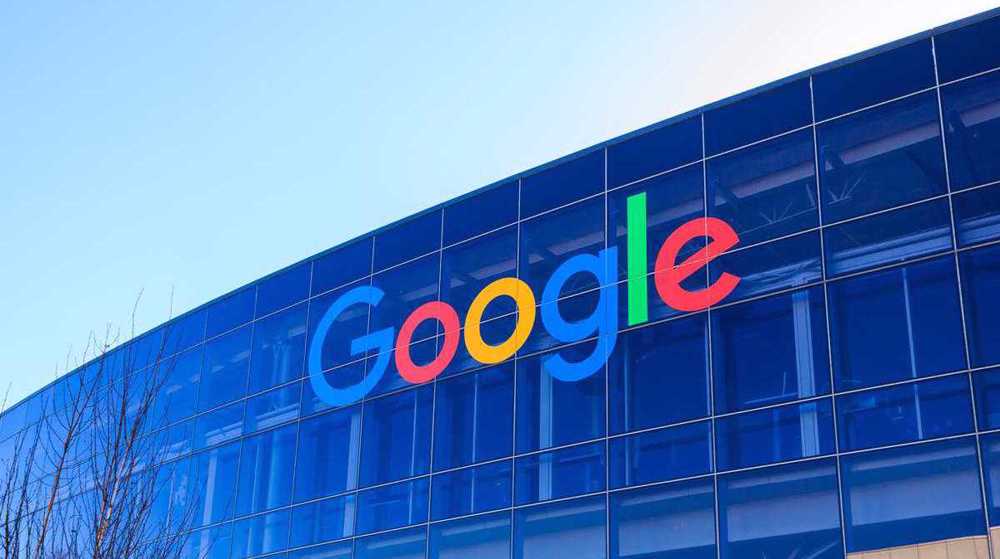

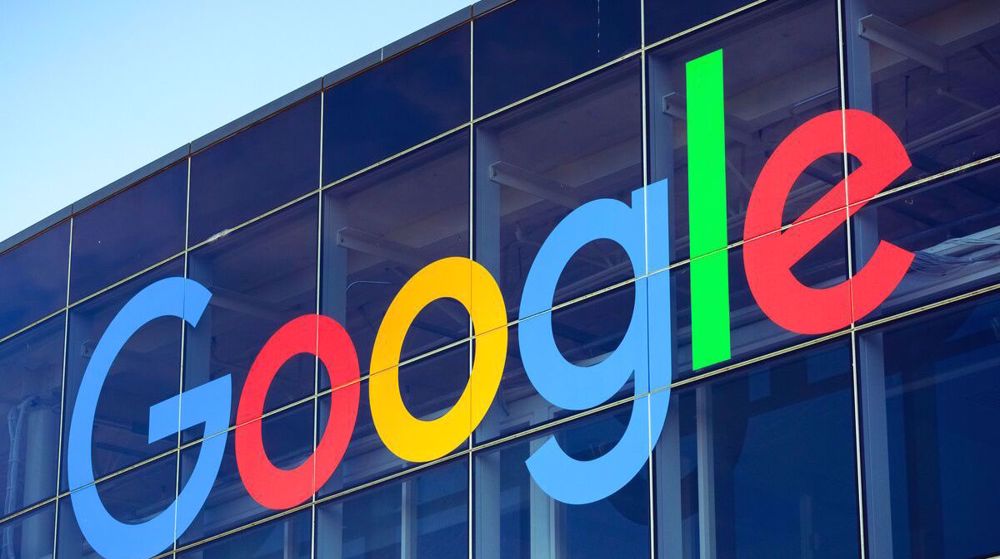
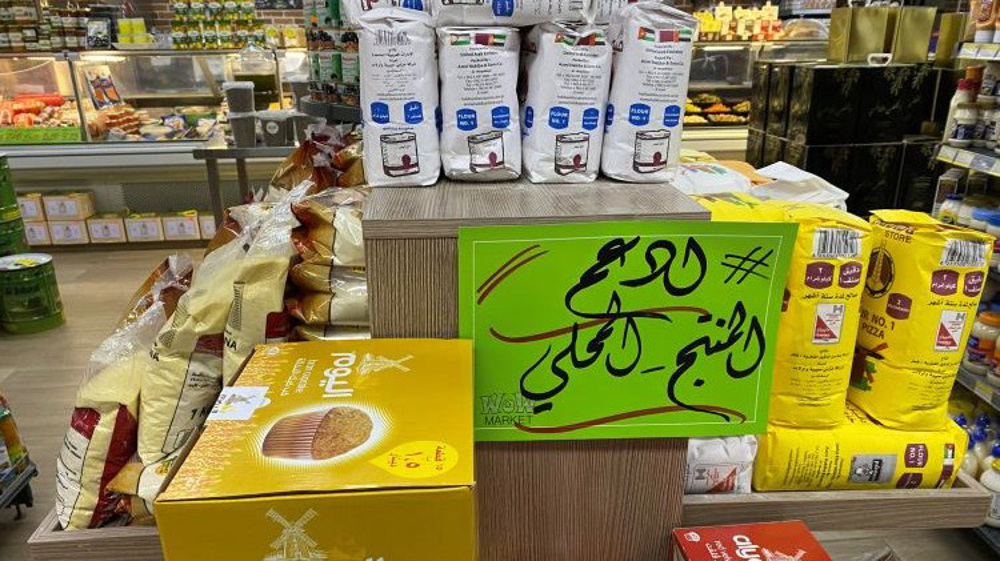



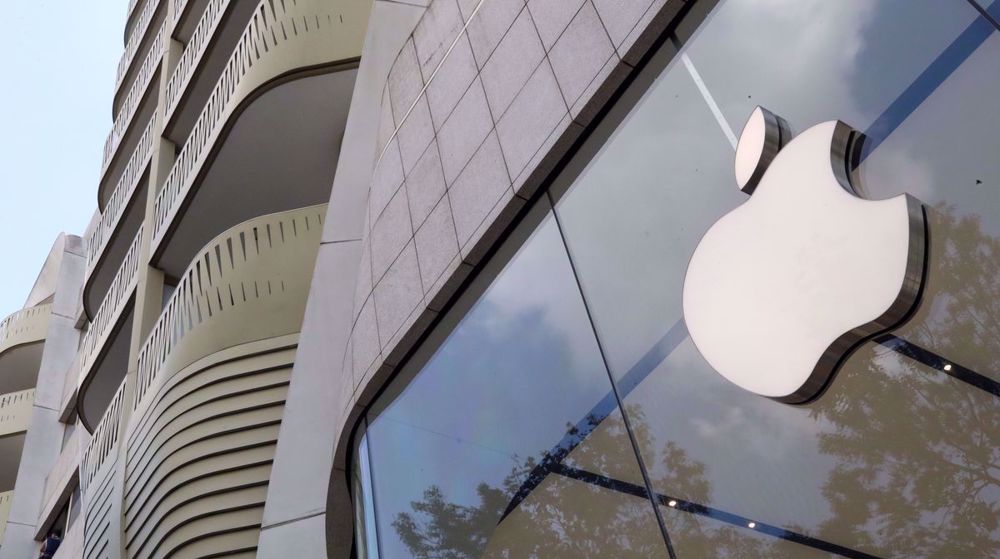

 This makes it easy to access the Press TV website
This makes it easy to access the Press TV website